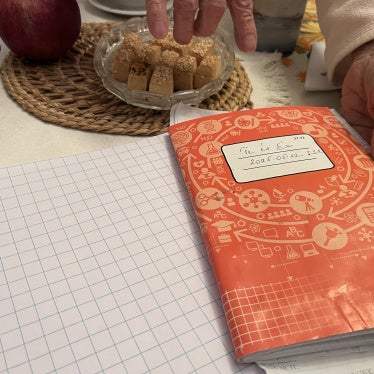(New York) - A Burundian rebel movement was responsible for the August 13 slaughter of more than 150 civilians at Gatumba refugee camp in Burundi, and not the combined forces of Hutu and Mai-Mai fighters who have been blamed for the attack, Human Rights Watch said in a new briefing paper released today.
The 33 page briefing paper, “Gatumba Massacre: War Crimes and Political Agendas,” documents how about one hundred combatants of the National Liberation Force (FNL), swept down on some 800 sleeping refugees, singing religious songs, drumming, and blowing on whistles. They raked the refugees’ tents with gunfire and threw incendiary grenades that burned dozens to death.
They attacked only tents occupied by Banyamulenge, Congolese people commonly identified with Rwandan Tutsi, and left untouched nearby tents occupied by Burundian Hutu. The FNL is a predominantly Hutu rebel movement fighting the government of Burundi.
United Nations peacekeepers stationed in the nearby capital gave no aid to the refugees because they knew nothing of the attack until it was over. Political leaders in the region have since cited this failure as yet another proof that the UN will not protect civilians even if mandated to do so. They do not mention that local authorities, themselves responsible for the safety of the refugees, did not inform UN officials until it was too late for them to act.
Charges of UN incapacity echoed into the neighboring Congolese town of Uvira, home of many of the refugees who were killed, and provoked an anti-UN demonstration last week. After civilians supposedly under the protection of UN peacekeepers were killed in the Congolese city of Bukavu last June, mobs blaming the UN for inaction attacked UN installations throughout the Congo.
Immediately after the Gatumba massacre, Burundian and Rwandan leaders called the killing “genocidal” and charged some Congolese officials with complicity. For several days they threatened war against the Congo. Congolese civilians afraid of seeing Rwandan soldiers again on their soil are demanding that the UN do more to protect them.
“Tutsi increasingly fear genocide but people of other ethnic groups increasingly fear a war that could be undertaken on the pretext of averting genocide,” said Alison Des Forges, senior adviser to the Africa Division of Human Rights Watch. “In this context of growing fear, we have to deal appropriately with crises. The Gatumba massacre has to be dealt with in terms of justice, not more violence”.
Small numbers of combatants from other armed groups, either Rwandan or Congolese, may have joined in the slaughter at Gatumba. But one widely circulated version of events make the FNL a minor participant in killings that were mostly carried out by Congolese Mai-Mai and “Interahamwe,” Rwandan rebels identified with militia who perpetrated the Rwandan genocide in 1994.
“The accepted version of events is raising the Rwandan genocide in everyone’s mind and seriously inflaming the situation,” said Des Forges. “But the accepted version of events is wrong.”
A recent report by UN Secretary-General Kofi Annan mentioned the possibility of Congolese participation in the massacre. This drew an angry response from Congolese who charged the UN with favoring Rwanda over Congo.
The U.N. has to be incredibly careful about how it understands this massacre and what language it uses to describe it. “What seems like just another massacre in a refugee camp could spiral into renewed war in central Africa”, said Des Forges.
The FNL officially accepted responsibility for the attack but said its combatants had targeted soldiers and police who, they claimed, had fled to the refugee camp.
“The attackers knew very well they were killing civilians,” said Des Forges. “This was clearly a war crime and those responsible must be brought to justice.”
The Burundian government has issued arrest warrants for two FNL leaders but has made no arrests.
More than one hundred Burundian soldiers and policemen sat out the attack in their own camps nearby, not moved to action by the screams that pierced the night air. Their commanders claim that their camps too were attacked and that their men were too few to assist the refugees. Although in radio contact with headquarters, they asked for no reinforcements.






